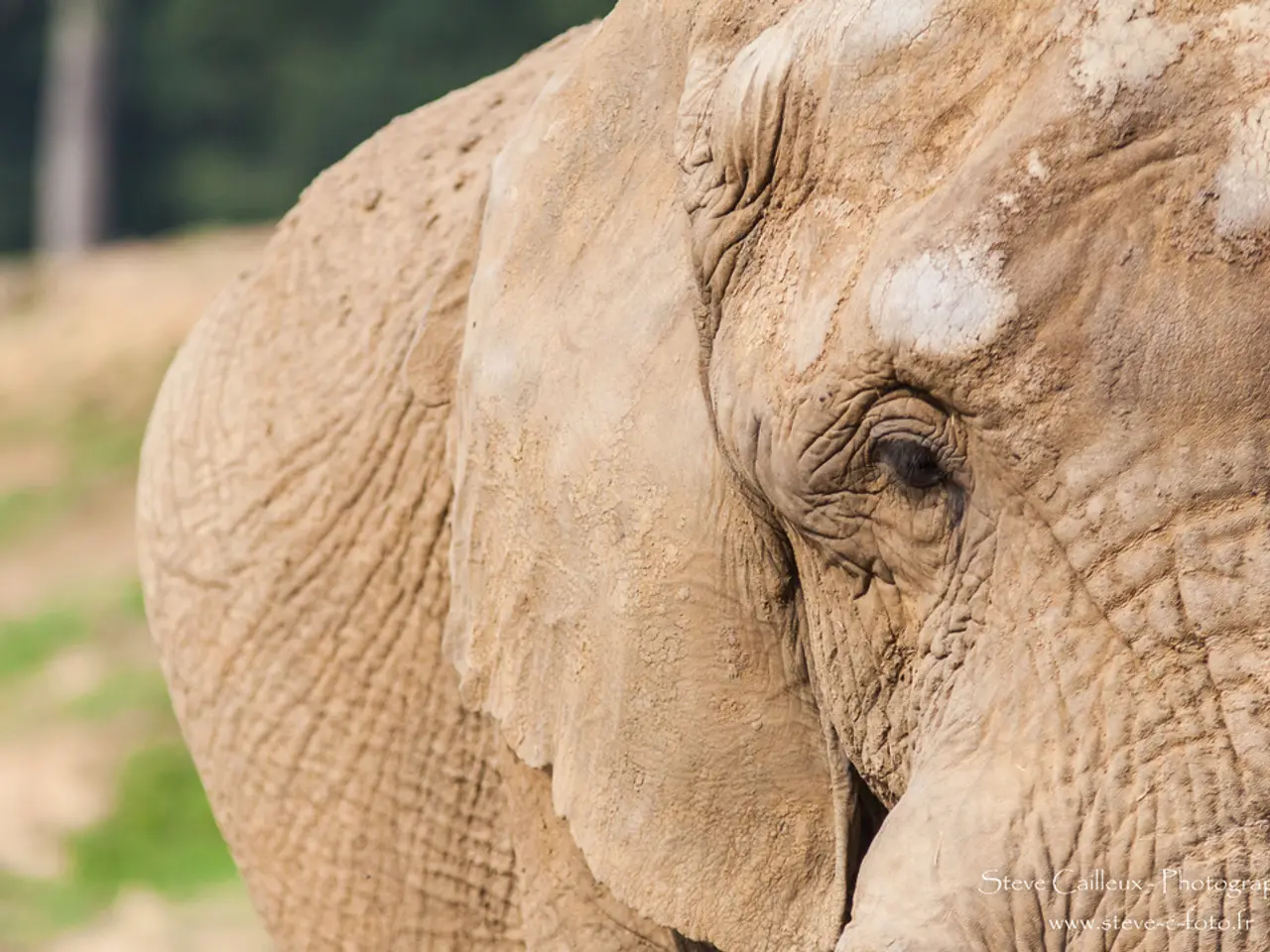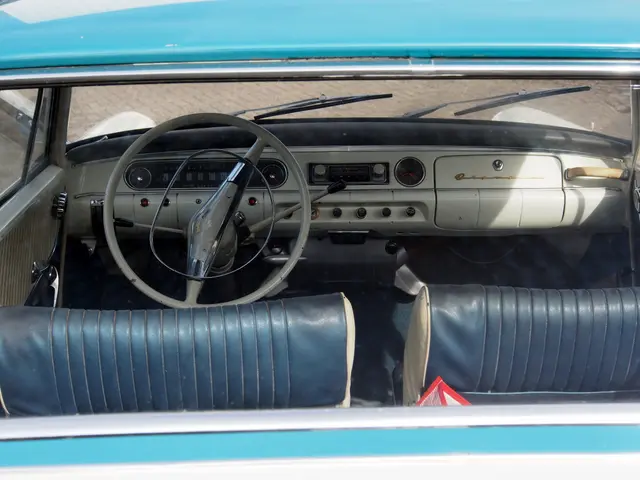World Animal Protection Calls for Retirement of Elephants in Jaipur on World Elephant Day
The plight of captive elephants in Jaipur's Amer Fort and Haathi Gaon has once again come under the spotlight, with World Animal Protection urging for their retirement. The organisation, in line with the message for World Elephant Day, emphasises that elephants belong in the wild, not in captivity for tourist rides and entertainment.
Gajender Kumar Sharma, Country Director of World Animal Protection in India, recognises the harmful impact of the current situation on animal welfare and conservation. He can be contacted at [email protected] or on his mobile number, 9313333283.
Despite over two decades of activism and earlier indications of improved captive elephant management, these majestic creatures in Jaipur continue to endure harsh conditions. Research documents, including one by the Animal Welfare Board of India and another by Project Elephant of the Ministry of Environment and Forests, recommend phasing out elephant rides at Amer Fort in favour of more animal-friendly options.
Unfortunately, new animals, which appear to be of wild origin, are being infused into the captive population in Jaipur, perpetuating the stereotype of India as a land of elephants and exotic wild animals, contributing to animal cruelty. Riding elephants is an activity that caters to the needs of both domestic and foreign tourists.
However, there is movement towards responsible, elephant-friendly tourism that benefits both elephants and the local community. Organisations such as Wildlife SOS have made significant efforts to rescue captive elephants from stressful conditions and provide them with specialized medical care, enrichment activities, safe housing in sanctuaries, and mobile veterinary support. These efforts aim to restore natural elephant behaviours, enhance physical and mental well-being, and promote elephant conservation and coexistence with humans through conflict mitigation.
World Animal Protection advocates for shifting elephants to well-maintained sanctuaries that meet established standards of animal husbandry and welfare, moving away from their use in entertainment. This includes concerns over the procurement and transport of elephants used for tourist activities.
As awareness among tourists, including overseas tourists, grows to avoid captive wildlife in entertainment venues, phasing out elephant rides in Jaipur can enhance the international status of Jaipur as a UNESCO World Heritage City. Rising awareness suggests that this is a step towards a more compassionate and sustainable approach to tourism in Jaipur.
In addressing the plight of captive elephants in Jaipur, it is crucial to take into account the holistic needs of the animals, mahouts, and elephant owners. The captive elephants in Jaipur endure a harsh existence, and it is time for a change. The message for World Elephant Day resonates strongly: keep elephants free where they belong, in the wild.
Read also:
- Germany's three-month tenure under Merz's administration feels significantly extended
- Governing body allegedly persists in enjoying vacation time amidst Spain's highest danger level due to fires, claims Feijóo
- United Nations Human Rights Evaluation, Session 45: United Kingdom's Statement Regarding Mauritius' Human Rights Record
- Hurricane-potential storm Erin forms, poised to become the first hurricane in the Atlantic Ocean this year.








